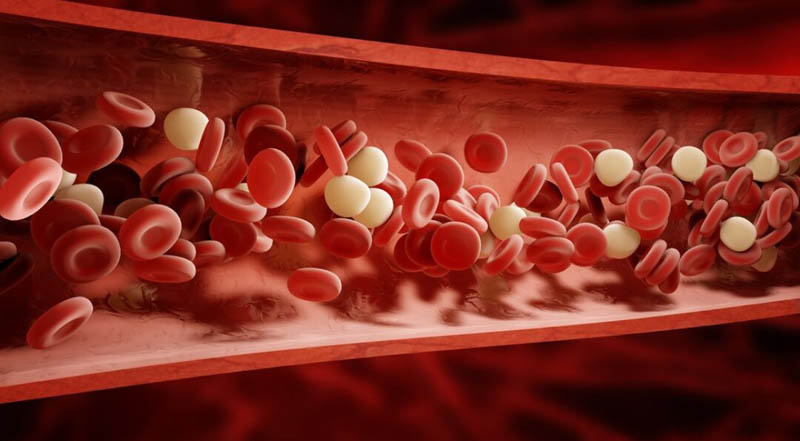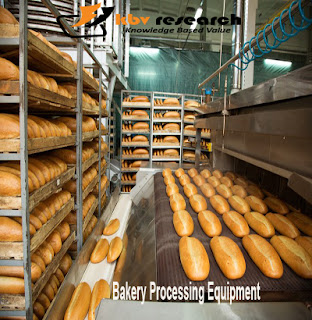Anticoagulant Reversal Drugs: A Shield for Bleeding Disorder Patients
What is Anticoagulant Reversal Drug?
Anticoagulant medicine prevents blood clots as well as opens blood vessels. To reduce blood clot formation these drugs come in action. Moreover, it prevents the patient from stroke and heart attack.
If a person is facing severe bleeding complications, an overdose of anticoagulant therapy, or an unplanned surgery anticoagulant reversal drug is helpful. Moreover, this drug comes in action when we need to reverse or neutralize Anticoagulant therapy.

Some of the common bleeding disorder is Von Willebrand disease (VWD), Hemophilia A and B and blood clots. According to a report done on the people of the United States by the National Hemophilia Foundation (NHF). As a matter of fact, there are approx 30,000 to 33,000 people who are suffering from hemophilia. There are about 60% of people in the US who are suffering from acute hemophilia. According to another report by CDC, around 400 babies are born with hemophilia every year.
Von Willebrand is a prevailing bleeding disorder that affects 1 out of 100 people. Patients suffering from bleeding disorders face blood clotting or undesirable bleeding in their bodies. As there is an increase in demand for anticoagulants by blood disorder patients. Eventually, there is a subsequent rise in the demand of anticoagulant reversal drug in case of uncontrolled bleeding.
Types of Anticoagulant Drug
· Idarucizumab
Another name of Idarucizumab is Praxbind. It’s a humanized antibody fragment that is found in a patient who is treated with Pradaxa. During reversal of anticoagulant effects of dabigatran, is requires during any life-threatening or uncontrollable bleeding and during emergency surgery. It’s a reversal agent for dabigatran as it’s a monoclonal antibody. Idarucizumab is an effective reversed anticoagulation that reverses dabigatran within minutes.
The mechanism of dabigatran differs from another direct oral anticoagulant (DOACs), idarucizumab only reverses the effect of dabigatran. However, it cannot reverse other DOACs. According to indications of FDA idarucizumab includes patients treated with dabigatran when the reversal of anticoagulant effect is warranted for emergency surgery, life-threatening or uncontrolled bleeding.
· Andexanet Alfa
Another name for Andexanet Alfa is Andexxa. It’s an antidote for rivaroxaban and apixaban. Due to excessive bleeding, there is a high requirement for reversal of anticoagulation. The regulation of this drug is done using an injection into a vein. Urinary tract infection and pneumonia are common side effects of this drug. Moreover, extreme side effects are blood clots, heart attack, stroke or cardiac arrests. It works by combining apixaban and rivaroxaban.
· Prothrombin Complex Concentrates
Production of Prothrombin complex concentrates (PCC) is done through the ion-exchange chromatography for the cryoprecipitate supernatant of large plasma pool of antithrombin. There are several processing techniques involving ion exchanger which eventually enables the production.
However, the development of PCC is done for the treatment of the hemophilia b patients. It has an important therapeutic option for the reversal of anticoagulants.
· Phytonadione
Phytonadione (vitamin k) prevents bleeding in body by treating blood clotting or insufficient vitamin k. It comes under the class of medication called vitamins. Moreover, it works by providing vitamin k to body which prevents blood to clot normally in the body.
Phytonadione (Vitamin k) medication facilitates the treatment and management of Vitamin K deficiency. It’s a significant risk factor for intracranial hemorrhage and other bleeds. Vitamin K is effective in complete reversal of warfarin within 48 hours. However, to avoid further complications the dosage of Vitamin k must be regulated.
Impact of Covid-19
As a result sudden outbreak of Covid-19 has significantly impacted the anticoagulant reversal drug. Similarly, there is an increase in development activities and a number of research essentially on covid-19 infection. According to an article published in American journal of the cardiovascular drug in 2020. It portrayed that about 10 clinical trial are currently ongoing so as to evaluate the effectiveness of factor Xa in covid-19 patients.
Researchers are developing various strategies for parenteral administration of these drugs which are useful in the treatment of covid-19 patients. Therefore, covid-19 pandemic is positively affecting the growth of this drug.
Last Words
The major complication of any anticoagulant therapy is bleeding and it can result in chronic debilitating conditions or death. The risk of hemorrhage associates with the intensity of anticoagulants. This drug is beneficial when there is a need for reversal either when the bleeding is life-threatening or before the surgery.
Direct oral anticoagulants (DOACs) are currently facing a rise as the doctors are prescribing it. In the first place, various clinical studies show the efficiency and safety of this drugs. As well as it’s an effective antidote. FDA has already approved idarucimab as a reversal agent for direct oral anticoagulant for dabigatran. However, andexanent has shown efficiency in the reversal.



Comments
Post a Comment